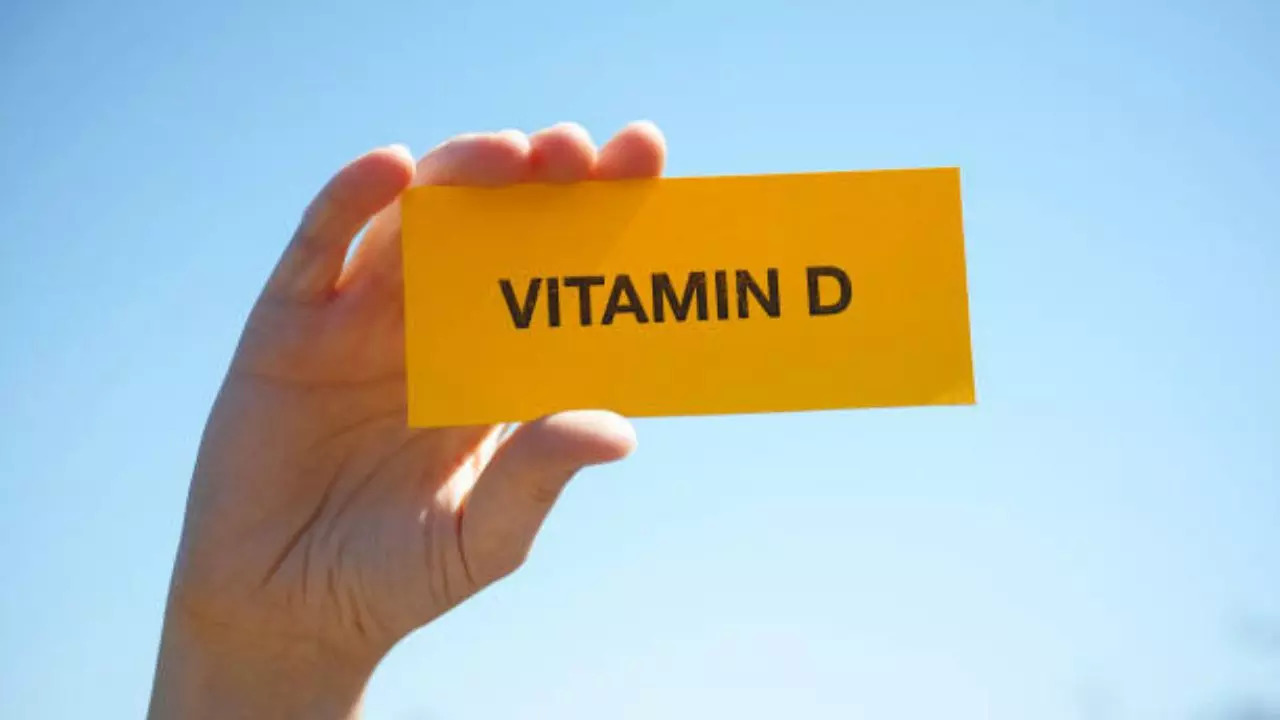At least 13 percent of the world’s population suffers from vitamin D deficiency
Vitamin D is an essential nutrient that regulates many vital processes in the body, such as building and maintaining strong bones, boosting metabolism, and giving the skin a brighter, younger appearance.
However, low vitamin D intake has been a cause of great concern for health authorities around the world. According to the World Health Organization, it is estimated that at least 13 percent of the world’s population suffers from a deficiency of this nutrient, which can largely be caused by sun exposure.
What is Vitamin D and what does it do for us? Healthline states that Vitamin D is a fat-soluble vitamin that helps with calcium absorption, which promotes bone growth and mineralization. It is also involved in various functions of the immune, digestive, circulatory, and nervous systems. Many researches and studies conducted on the topic also suggest that Vitamin D may help prevent a variety of diseases such as depression, diabetes, cancer, and heart disease.
The U.S. National Academy of Medicine considers 600 to 800 IU of vitamin D daily to be sufficient for most people.
What are the side effects of vitamin D? deficiency?
According to the Cleveland Clinic, severe vitamin D deficiency can have drastic effects on both children and adults. The most common disease in children is rickets. Other side effects include:
- Muscle weakness and cramps.
- Pain in the bones
- Joint deformities
- Chronic fatigue and tiredness
- Mood swings and depression
Ways to replenish vitamin D
Below are some effective ways to increase your vitamin D levels, besides getting some sun:
Fatty fish and shellfish
According to health experts, fatty fish such as salmon, mackerel, tuna, etc. and other seafood such as oysters, shrimp and anchovies are among the richest natural food sources of vitamin D.
Fungus
Being the only plant source of vitamin D, mushrooms get their nutrients when exposed to sunlight. Regular consumption of mushrooms helps increase vitamin D2 and D3 more efficiently and effectively.
Egg yolks
While eggs are the greatest source of protein, their yolks are high in vitamin D. Health experts recommend eating egg yolks at least twice a day for their nutritional value.
Fortified foods
Fortified foods are a group of foods that contain high levels of vitamin D such as milk, orange juice, cereals like oatmeal, nuts like almonds and walnuts, yogurt or dahi, and even soy products like tofu.
Disclaimer:
The information contained in this post is for general information purposes only. We make no representations or warranties of any kind, express or implied, about the completeness, accuracy, reliability, suitability or availability with respect to the website or the information, products, services, or related graphics contained on the post for any purpose.
We respect the intellectual property rights of content creators. If you are the owner of any material featured on our website and have concerns about its use, please contact us. We are committed to addressing any copyright issues promptly and will remove any material within 2 days of receiving a request from the rightful owner.

